For friends who are interested in health preservation, health wine is definitely not unfamiliar. Many people like to make their own health wine at home. So when should you drink health wine? Let's take a look.
When to Drink Health Wine
1. When to Drink Health Wine
Generally speaking, it is best to drink health wine during or after meals to avoid irritating the gastric mucosa. Moreover, because health wine is usually made from high-proof liquor, those who are not good at drinking can easily get intoxicated if they consume it on an empty stomach, leading to accelerated heartbeat. Even those who can usually handle alcohol well are advised not to drink on an empty stomach to prevent accidents.
In addition, some people like to drink a little health wine before bedtime. Naturally, some health wines that contain calming Chinese herbal medicines such as wolfberry, gastrodia, and longan are indeed helpful for falling asleep. However, this varies from person to person, and a few individuals may experience increased blood circulation and become overly excited, which outweighs the benefits.
Also, it is worth reminding everyone that regardless of the reason for drinking health wine, it should be consumed in moderation, otherwise it will seriously affect physical health. The recommended dosage for therapeutic health wines is to follow the doctor's advice, while for nourishing health wines, it is best to consume 1-2 liangs (50-100 ml) per day.
2. Who Should Drink Health Wine
Middle-aged and elderly people are suitable for drinking health wine.
"Wine is a hundred medicines in one." It has the effects of promoting blood circulation, relieving pain, dispelling cold, and strengthening yang. When consumed in moderation, all types of wine have certain health benefits and can be classified as health wine or tonic wine. However, the term "health wine" commonly used in our daily life refers specifically to wines made from fermented or distilled liquor or edible alcohol, which are directly or indirectly infused with Chinese herbal medicines during the brewing process and have certain nourishing and medical effects.
Different health wines have different therapeutic effects. For example, wolfberry wine can lower blood pressure, nourish the kidneys, and tonify yang. Ginseng wine can dispel cold, promote blood circulation, and enhance the body's immune system. Deer antler wine can nourish yin and blood. Ganoderma wine can prolong life. He Shou Wu wine can nourish the hair.
In some southern regions of China, snakes, ants, scorpions, and other animal medicinal materials are added to wine to promote blood circulation and dispel rheumatism. According to the Huangdi Neijing (Yellow Emperor's Inner Canon), "After the age of forty, yin qi decreases." Since most health wines have the function of nourishing yin and tonifying yang, they are more suitable for middle-aged and elderly people to drink.
3. Is It Good to Drink Health Wine Before Bed
Do not drink health wine before bed.
The so-called health wine is made by soaking medicinal herbs in wine. Therefore, health wine has dual effects of alcohol and medicine, and is mainly used for medical purposes. Many people believe that drinking wine before bed helps with sleep, but this habit is not correct. While alcohol can indeed promote sleep, the sleep state after drinking is different from normal physiological sleep. Because the brain does not truly rest while sleeping after drinking, it does not achieve a state of real rest, especially when sleeping after consuming health wine, one may wake up feeling heavy-headed or with a headache. Experts specifically advise that health wine is best consumed after meals to achieve better therapeutic effects.
Precautions for Drinking Health Wine
1. Take it according to syndrome differentiation, and use it based on the theory of syndrome differentiation and treatment in traditional Chinese medicine.
2. Limit the amount of consumption. Some people have studied the relationship between ethanol consumption and liver damage based on a large amount of pathological data, and found that the daily alcohol consumption should be limited to no more than the safe upper limit of one gram of ethanol per kilogram of body weight to prevent liver damage. For safety reasons, the daily ethanol intake should be limited to less than 45 grams for a body weight of 60 kilograms.
3. In terms of gender, women should not use health wine during pregnancy or lactation. During menstruation, if the menstrual cycle is normal, it is also not suitable to use health wine with strong blood-activating effects.
4. In terms of age, as age increases, metabolism slows down, so the dosage of health wine should be reduced. Those with liver disease, hypertension, heart disease, or alcohol allergies should also avoid or use health wine with caution.
5. In terms of seasons, health wines composed of qi-tonifying or yang-tonifying herbs should be consumed less in hot summers.
6. Dietary restrictions: Generally, when drinking health wine, it is best to avoid foods that are difficult to digest, such as raw and cold foods, greasy foods, and fishy foods.




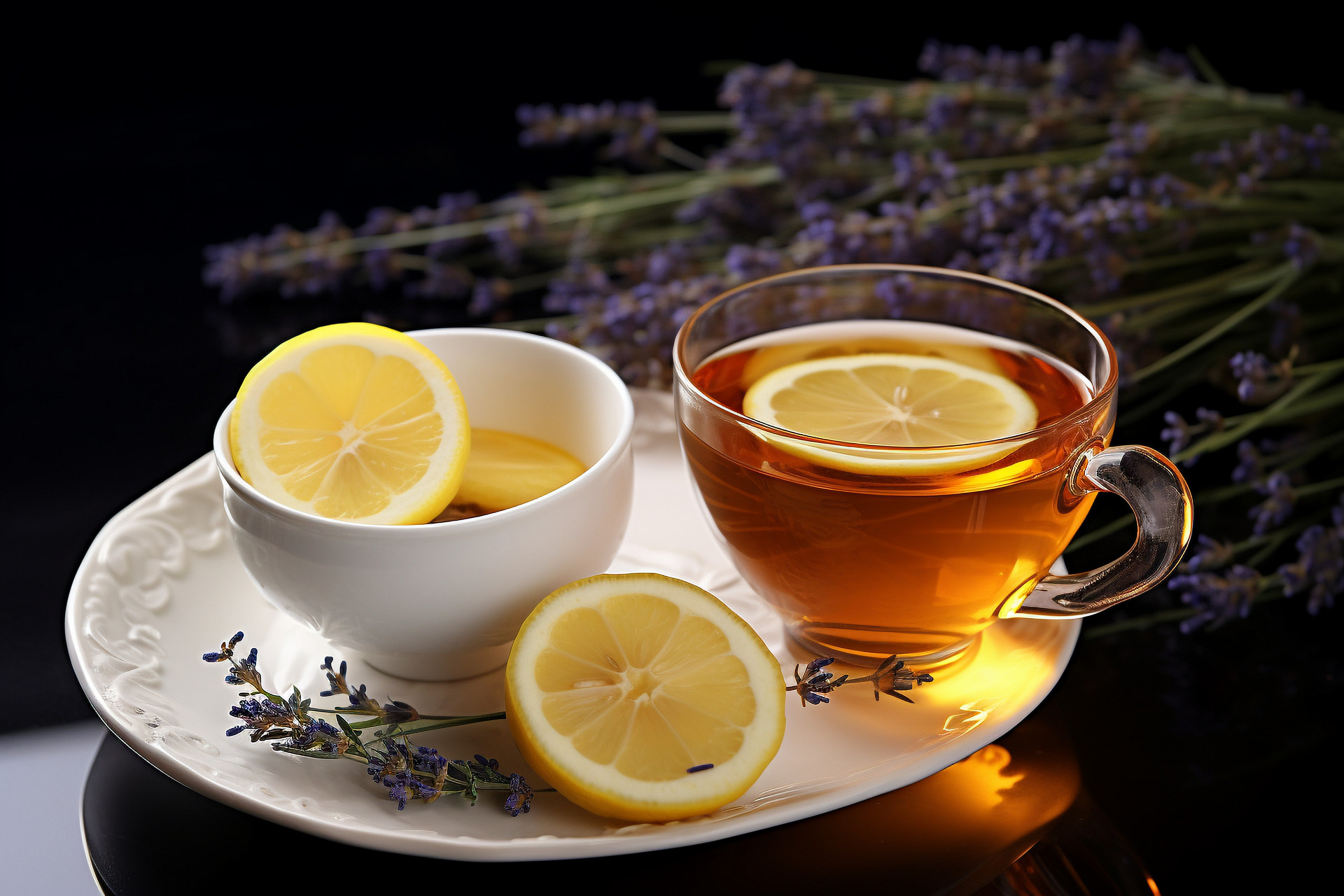
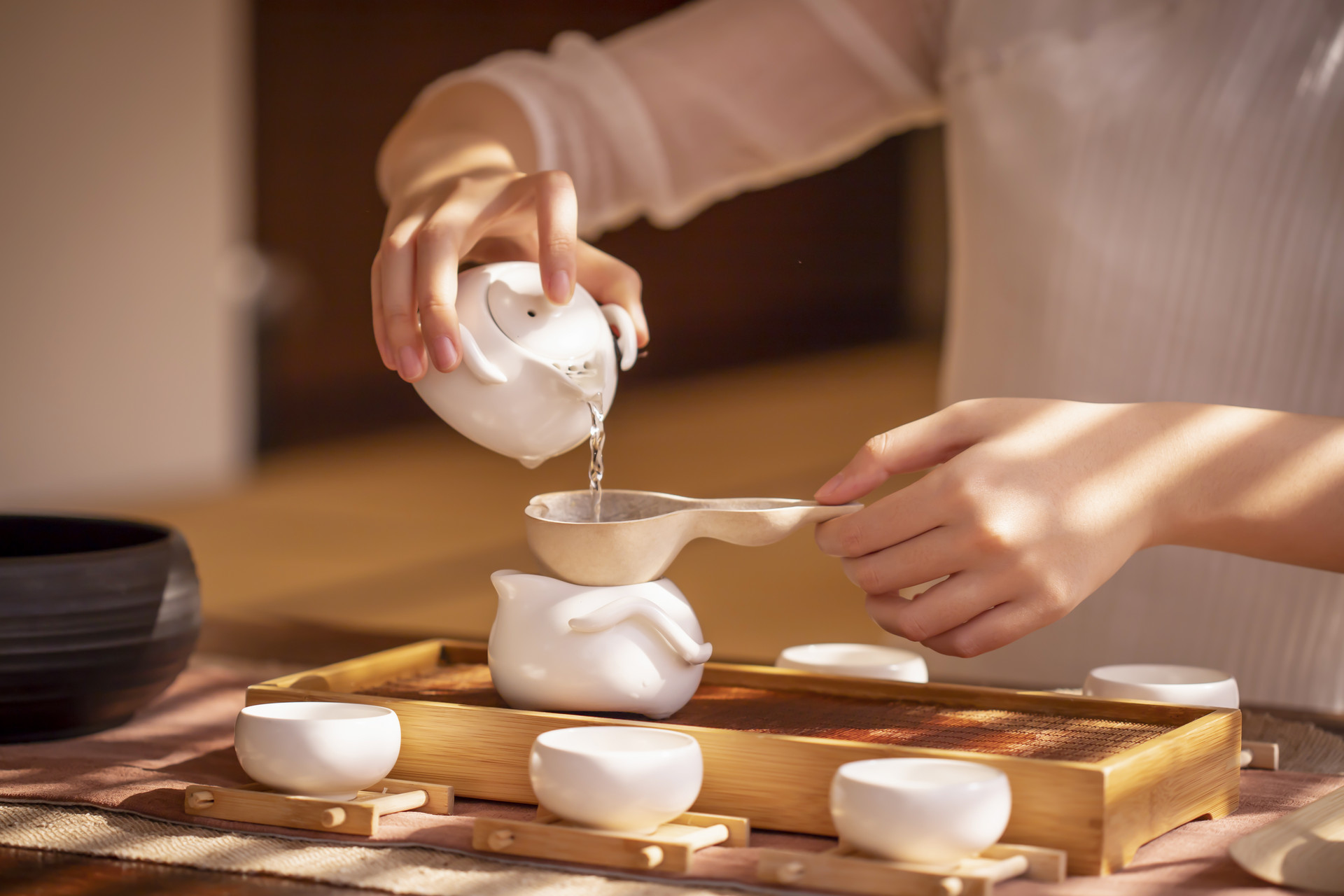
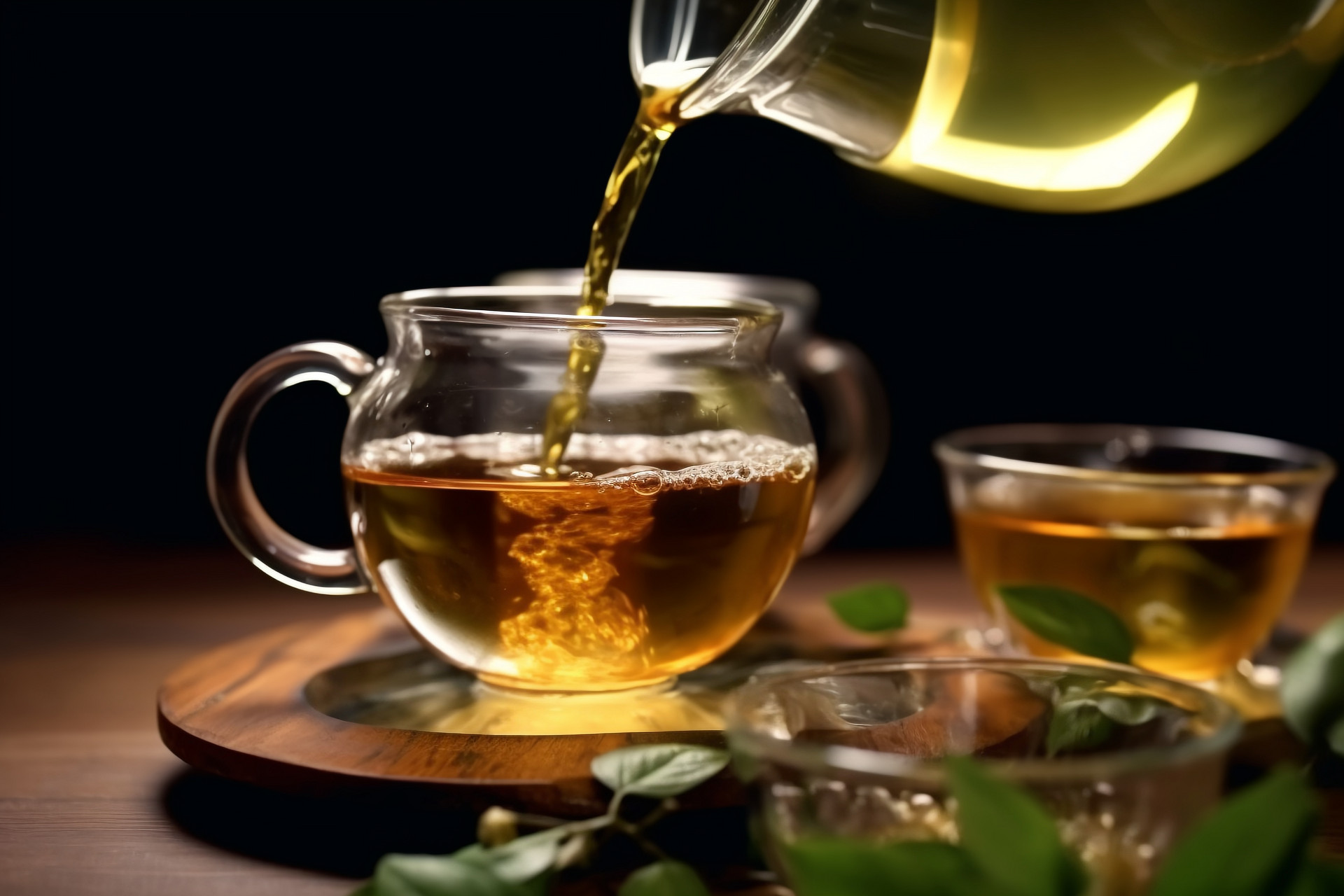

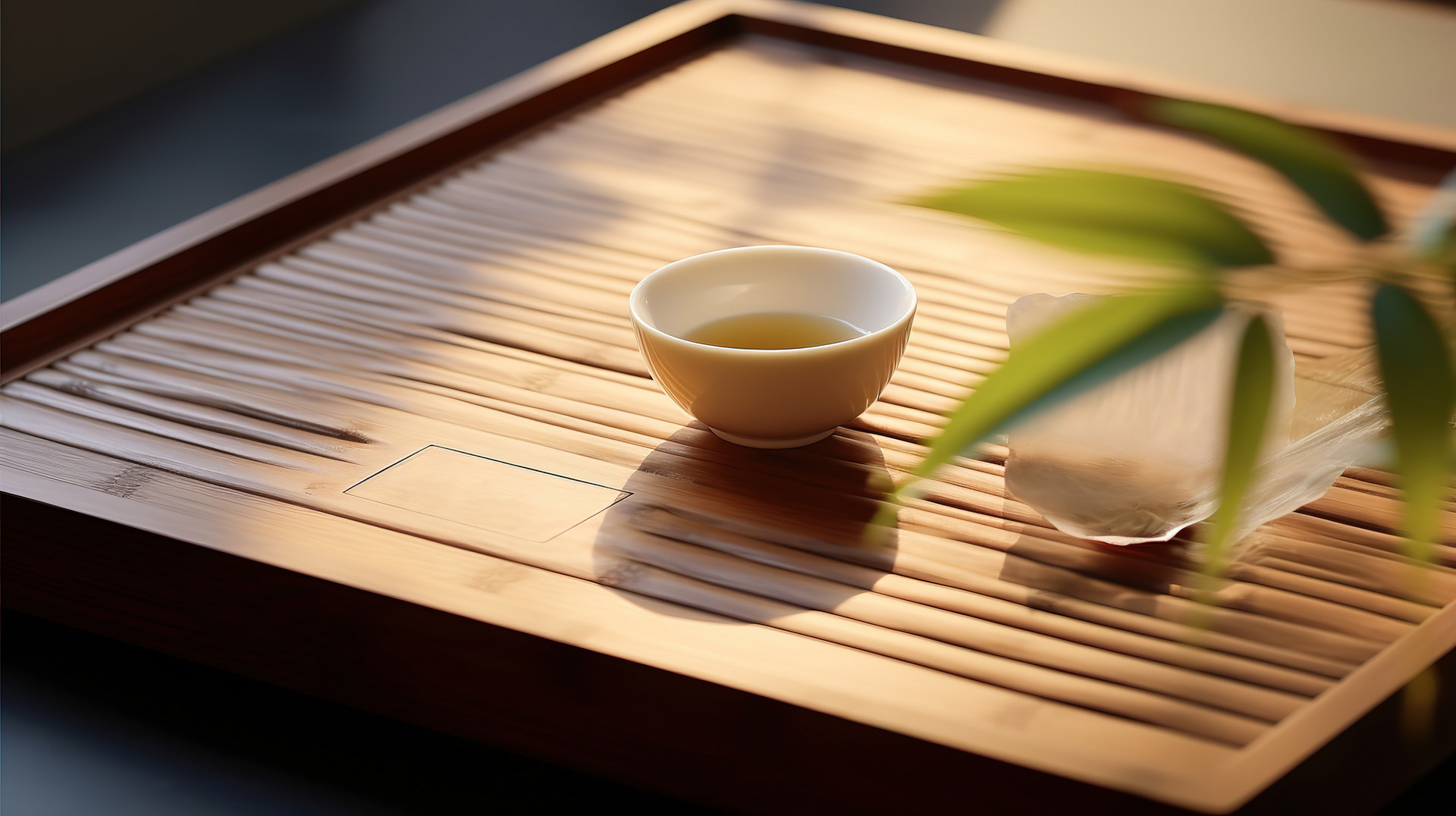
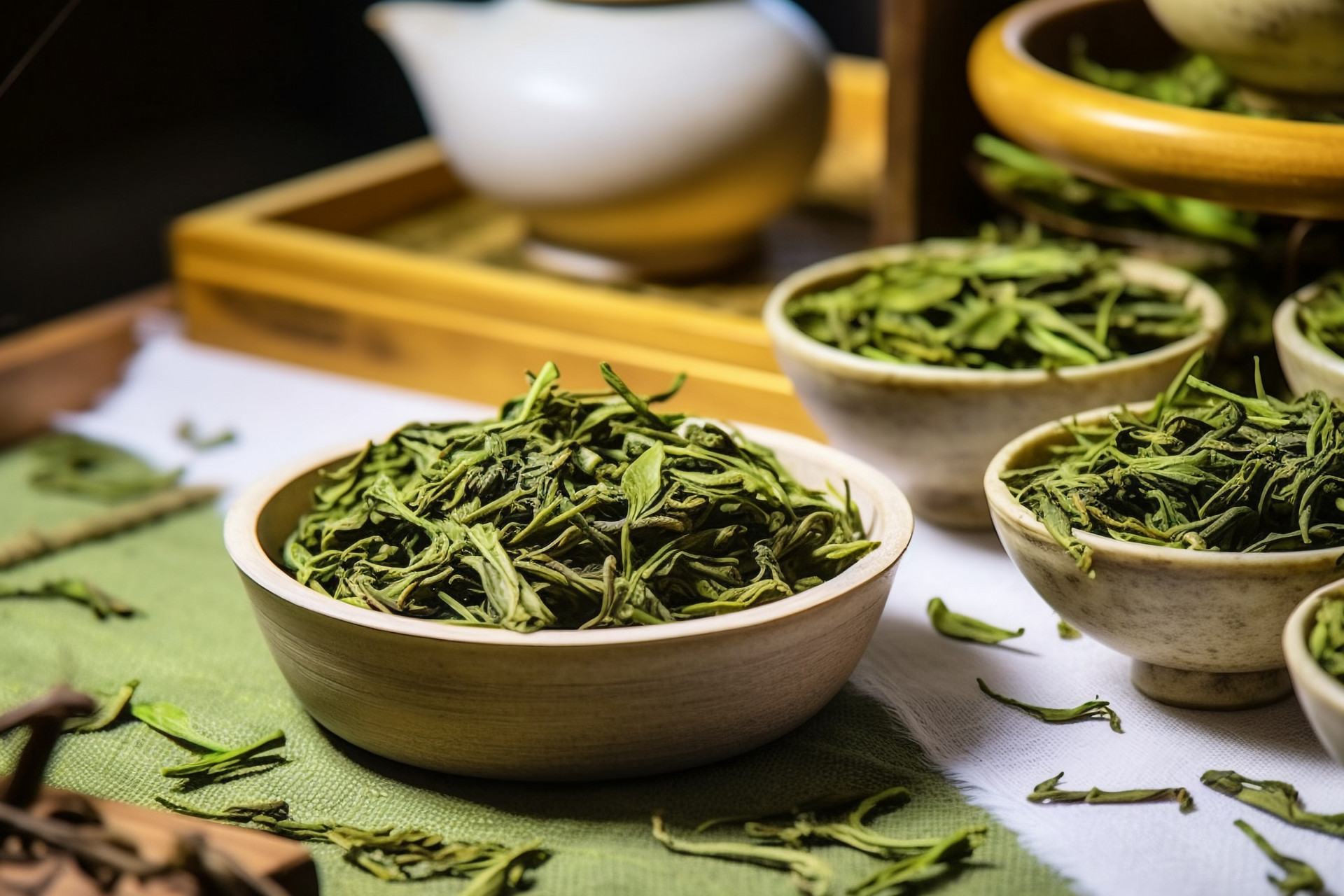
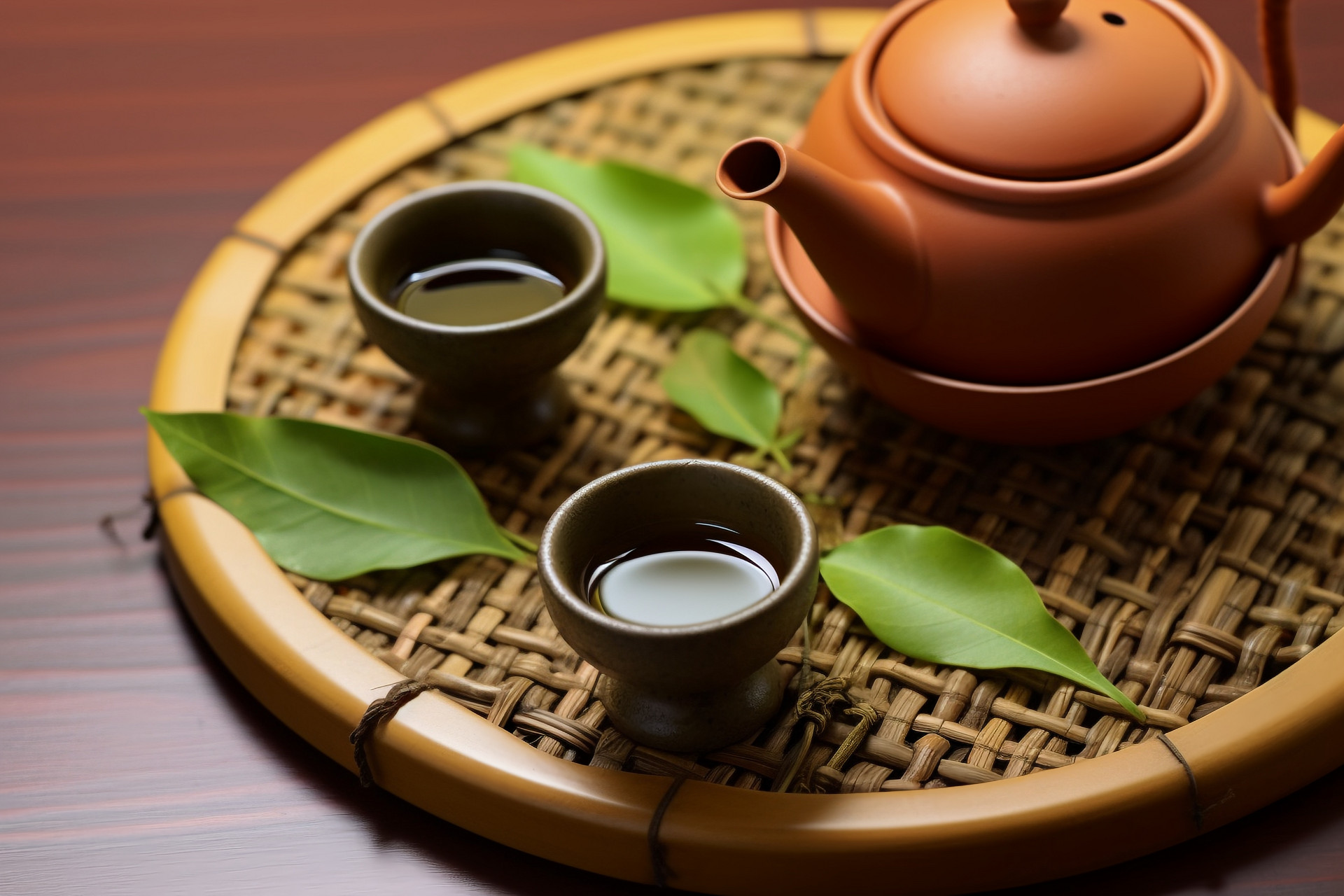
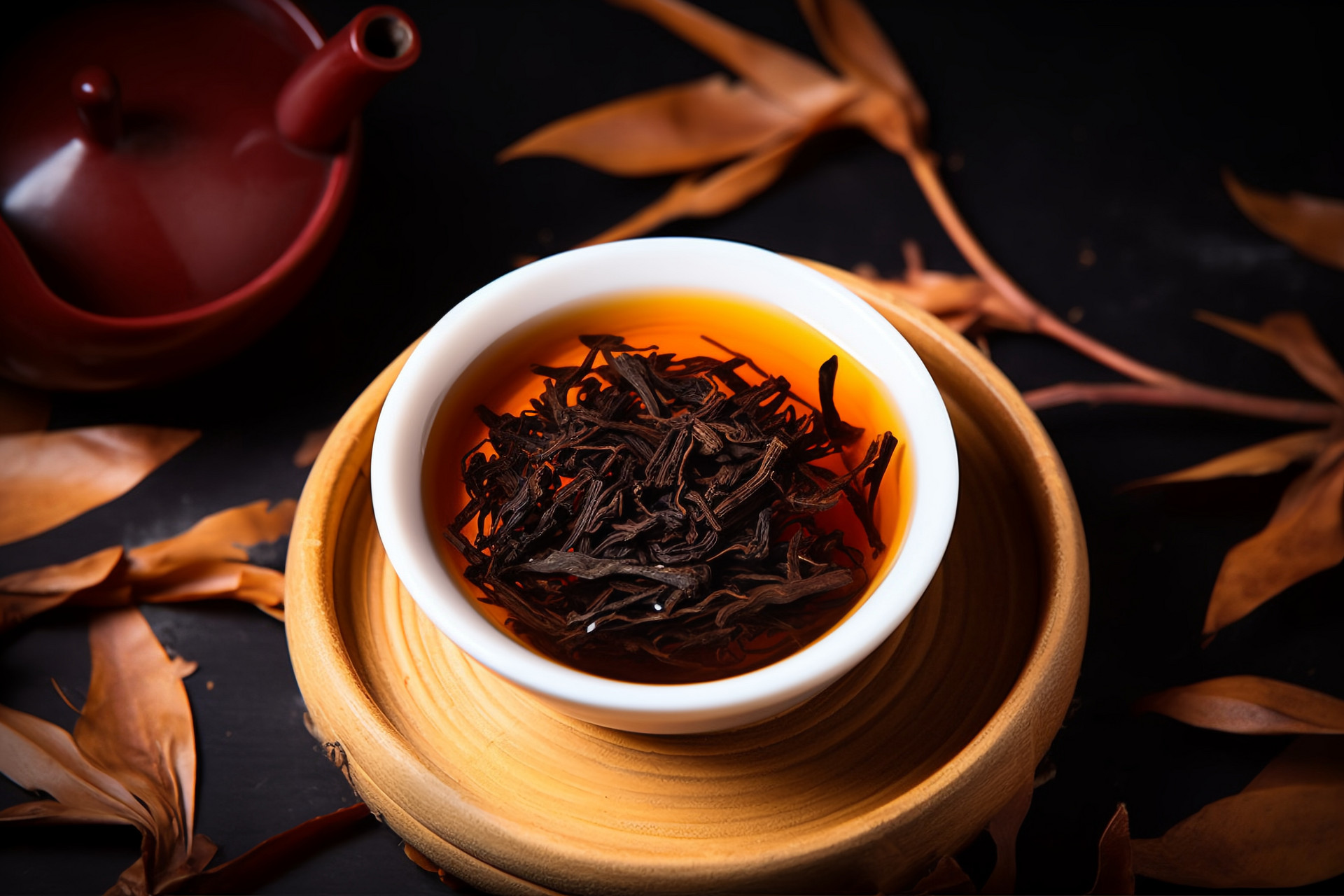
![[Herbal Wine Recipes for Health and Beauty]](https://tcmmaintenance.com/uploads/20240715/7241f6b6eafdaed88c28b26a37213964.jpg)